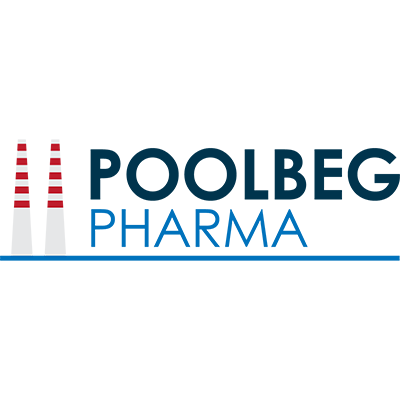Poolbeg Pharma plc (LON:POLB, OTCQB: POLBF), a clinical stage infectious disease pharmaceutical company with a unique capital light clinical model, has been granted patents by the US Patent and Trademark Office (USPTO) for POLB 001, a small molecule immunomodulator for the treatment of severe influenza and POLB 002, a first-in-class, intranasally administered RNA-based immunotherapy for respiratory virus infections.
POLB 001
The USPTO granted a patent for the majority of Poolbeg’s claims around the use of certain p38 MAP kinase (mitogen-activated protein kinase) inhibitors for the treatment or prevention of severe influenza and the hypercytokinaemia (or “cytokine storm”) it causes through modulation of the immune response (reducing the body’s hyperinflammatory response to the virus). To further strengthen its position, Poolbeg will pursue a continuation patent application to augment the protection offered by this patent family.
Poolbeg holds the worldwide rights to POLB 001 for all uses in humans and as such, is exploring the opportunity to expand its IP around this asset to cover new disease areas which would maximise the value of the asset for partnering purposes.
POLB 002
The USPTO granted a patent for the identification of defective interfering (DI) RNA-based influenza viruses for use against infection by influenza, that provides a drug candidate with both antiviral prophylactic and therapeutic applications. By having a dual mechanism of action POLB 002 (which was identified using this method) directly interferes with influenza virus replication blocking disease progression and also triggers nasal cells into an antiviral state. In this way, POLB 002 could provide pan-viral protection from respiratory virus infections including influenza, respiratory syncytial virus (RSV), SARS-CoV-2 and others.
The Company is continuing working with its patent advisors to broaden and expand the POLB 001 and POLB 002 patent families.
Jeremy Skillington, PhD, CEO of Poolbeg Pharma, said:
“The additional US patent protection of POLB 001 and POLB 002 is an important step in the commercialisation of these novel infectious disease products. Enhancing the IP protection of these assets across key markets such as the US increases the overall value of these products to potential partners, particularly as we move closer to the commencement of our POLB 001 LPS human challenge trial next month with data expected by year end and monetisation to commence thereafter.”









































